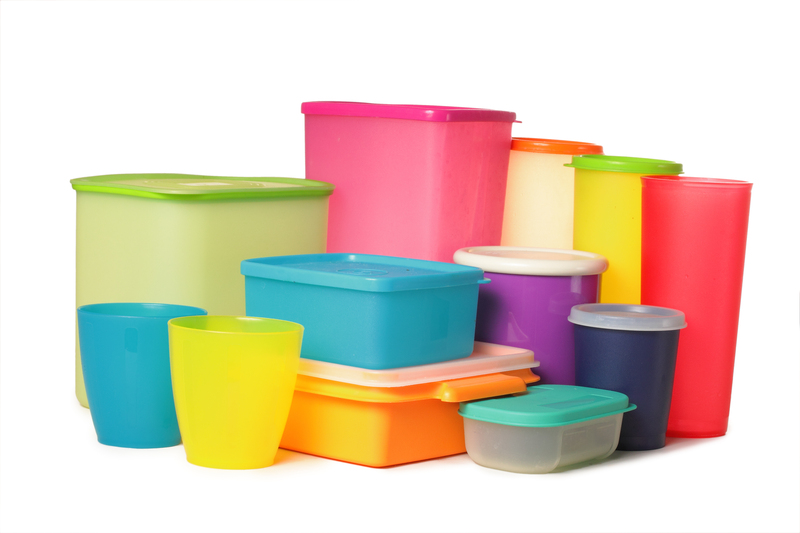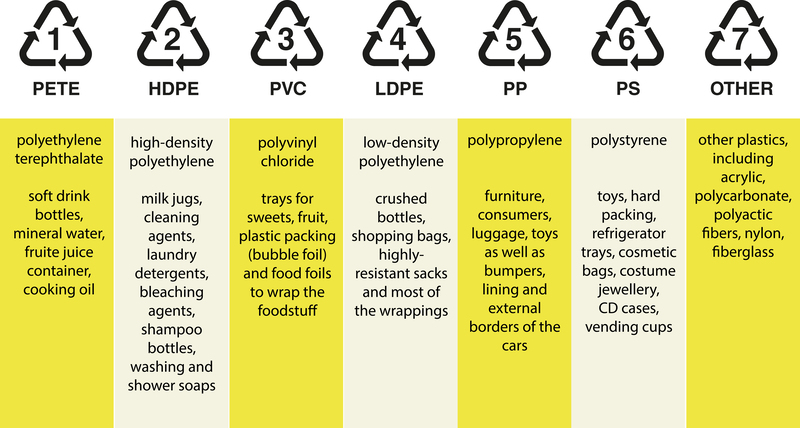Frugal Fixes for Frequent Bulky Waste Item Disposal Needs
Dealing with bulky waste item disposal can be both a logistical puzzle and a significant expense, especially for households and businesses that generate large waste items regularly. Fortunately, with the right strategies, you can manage frequent bulky waste disposal needs in a budget-friendly, eco-conscious, and efficient manner. This comprehensive guide explores frugal fixes to help you save money, reduce clutter, and contribute to a cleaner environment.

Understanding Bulky Waste and Its Challenges
Bulky waste refers to large household items or commercial goods that are too big to be disposed of through regular waste collection. Examples include old furniture, broken appliances, mattresses, carpets, large toys, construction debris, and garden waste. Frequent disposal of such items can lead to high fees, environmental concerns, and inconvenience.
Common Issues with Frequent Bulky Waste Disposal
- High disposal costs from municipal or private collection services.
- Limited curbside pickups - most cities restrict the number and frequency of bulky item pickups.
- Environmental impact - landfill overuse and illegal dumping contribute to pollution.
- Storage problems due to accumulating large waste items.
Whether you're moving, renovating, or running a business, finding affordable and sustainable solutions for bulky item removal is vital.
Smart Strategies to Save Money on Bulky Waste Removal
1. Maximize Curbside Bulk Collection Services
Many municipalities offer scheduled curbside bulky item pickups, often for free or at reduced rates. Here's how to make the most of them:
- Plan Ahead: Schedule pickups in advance to coincide with your cleaning or renovation projects, ensuring you don't miss collection cycles.
- Combine Loads: Coordinate with neighbors to combine waste, minimizing the number of pickups needed.
- Follow Rules: Adhere to size, weight, and material restrictions to avoid fines or refused collections.
2. Embrace the Power of Reuse and Donation
A significant portion of unwanted furniture and appliances is still usable. Before tossing, consider donating or rehoming:
- Donate to charities and thrift stores. Organizations like Habitat for Humanity, Goodwill, and local shelters often accept furniture, beds, electronics, and more.
- List for free on online platforms (Facebook Marketplace, Craigslist, Freecycle).
- Organize a "curb alert" in your neighborhood. Place items at the curb with a "free" sign for passersby to take.
3. Opt for Community Recycling Events
Many towns sponsor recycling or bulky waste collection days where residents can drop off items at little or no charge. Take advantage by:
- Monitoring your city's waste management calendar for upcoming events.
- Pooling items with friends, neighbors, or colleagues to share transport costs.
4. DIY Bulky Waste Item Drop Off
Eliminating collection middlemen often results in the lowest cost. Many municipal transfer stations or landfills allow direct drop-off for a small fee--sometimes even free for residents. Shelve these tips for effective frugal disposal:
- Sort items carefully to separate recyclables (metal, electronics) from true waste.
- Transport during off-peak hours to avoid queues.
5. Repurpose or Upcycle Waste
Transform bulky trash into treasure! Upcycling is a frugal and eco-conscious solution for common frequent bulky item disposal needs:
- Turn old dressers into shelves or planters.
- Use pallet wood for DIY furniture.
- Convert mattress springs into creative wall hangings.
Not only does this save on disposal costs, but it also reduces environmental impact and can yield unique home decor or useful items.
Affordable Alternatives to Traditional Bulky Waste Disposal Services
Community Sharing and Trading Networks
Local sharing networks are expanding options for low-cost bulky waste management. Leverage:
- Neighborhood swap days for exchanging unwanted items.
- Local buy-nothing groups for giving away or acquiring bulky goods.
- Community tool and equipment libraries to borrow moving equipment, making self-transport easier and more affordable.
Renting or Sharing Vehicles for Hauling
Hauling sizable waste items yourself is often the cheapest solution. If you don't own a truck or van, consider:
- Renting a vehicle hourly (from local agencies or peer-to-peer platforms).
- Banding together with neighbors to share hauling costs and resources.
Partnering with Local Junk Removal Startups
While established junk removal companies can be expensive, smaller or startup providers often offer better rates for repeated bulk waste removals. Tips:
- Negotiate discounts for recurring service or bulk disposals.
- Seek providers with eco-friendly disposal practices (recycling, donating, etc.).
Creative Techniques For Reducing Bulky Waste Generation
Buy Smart, Buy Less
One of the best frugal fixes is mindful consumption:
- Opt for modular, durable furniture that outlasts trends and requires less frequent replacement.
- Choose multipurpose items to reduce unnecessary bulk in your home or office.
- Borrow, rent, or share infrequently needed large items.
Extend The Life of Your Belongings
Careful upkeep can delay and decrease the need for frequent bulky item disposal:
- Upholster or repaint old furniture rather than disposing of it.
- Maintain major appliances to avoid premature replacements.
- Follow manufacturer repair guides to restore items.
Cutting Costs: Fee Structures and Hidden Expenses in Bulky Waste Disposal
Cities, private companies, and recycling centers all have different fee models for large waste removals. Anticipate and avoid hidden costs by:
- Comparing rates between municipal, private, and DIY disposal options.
- Inquiring about volume, weight, or per-item surcharges before scheduling service.
- Avoiding last-minute or weekend bookings, which often incur premium rates.
Eco-Friendly and Responsible Bulky Waste Management
Frugality doesn't have to come at the expense of the environment. Some ways to ensure responsible bulky waste disposal include:
- Recycling electronics and metals at specialized depots.
- Safely disposing of hazardous items, like paint or chemicals, at designated collection points.
- Looking for donation or reuse options before sending items to landfills.
Legal Considerations & Avoiding Fines
Illegal dumping of large items can result in hefty fines and environmental harm. Always:
- Check your local regulations for proper disposal procedures.
- Use authorized collection, recycling, or drop-off services.
- Get disposal receipts from haulers, especially for commercial or rental properties.
Bulky Waste Disposal for Businesses: Specialized Solutions
Commercial entities often generate a larger volume of bulk waste, facing recurring costs and stricter regulations. Smart, frugal fixes for commercial bulky waste disposal needs include:
- Negotiating bulk collection contracts or recurring service discounts.
- Implementing a company-wide reuse and donation program for redundant furniture or equipment.
- Arranging closed-loop recycling programs for construction debris and fixtures.
- Encouraging employees to take used goods home, reducing disposal volume.
Building a Personal Bulky Waste Disposal Plan
An organized disposal plan saves money, time, and stress. Here's how to craft your own:
- Inventory regularly: Keep a running list of large items nearing the end of their usability.
- Schedule disposal cycles: Align pickups or drop-offs with seasonal cleaning or renovations.
- Stay informed: Watch for free community disposal events and new recycling regulations.
- Budget wisely: Set aside a small fund for necessary professional disposals, so you never have to panic-pay premium prices.

Busting Myths About Cheap Bulk Waste Disposal
- Myth: Only professionals can remove bulky waste safely.
Fact: With the right equipment, research, and a little teamwork, DIY disposal is cost-effective and safe for most items. - Myth: All items must go to landfill.
Fact: Many materials can be recycled, donated, repurposed, or sold--reducing landfill use and expenses. - Myth: Free pickup means no restrictions.
Fact: Most free curbside services limit the number, type, and size of items collected.
Conclusion: Frugal, Frequent, and Responsible Bulky Item Disposal
Bulky waste item disposal needs don't have to overwhelm your budget or the environment. By embracing a holistic approach--combining donation, reuse, DIY transport, and mindful purchasing--you can turn potential waste into community resources, avoid costly service fees, and keep your spaces clutter-free.
Stay proactive, stay informed, and always remember that the most affordable way to dispose of bulky items is often the most sustainable. With these frugal fixes at your disposal, you'll be ready to address frequent bulky waste needs whenever they arise--efficiently, responsibly, and within your means.
